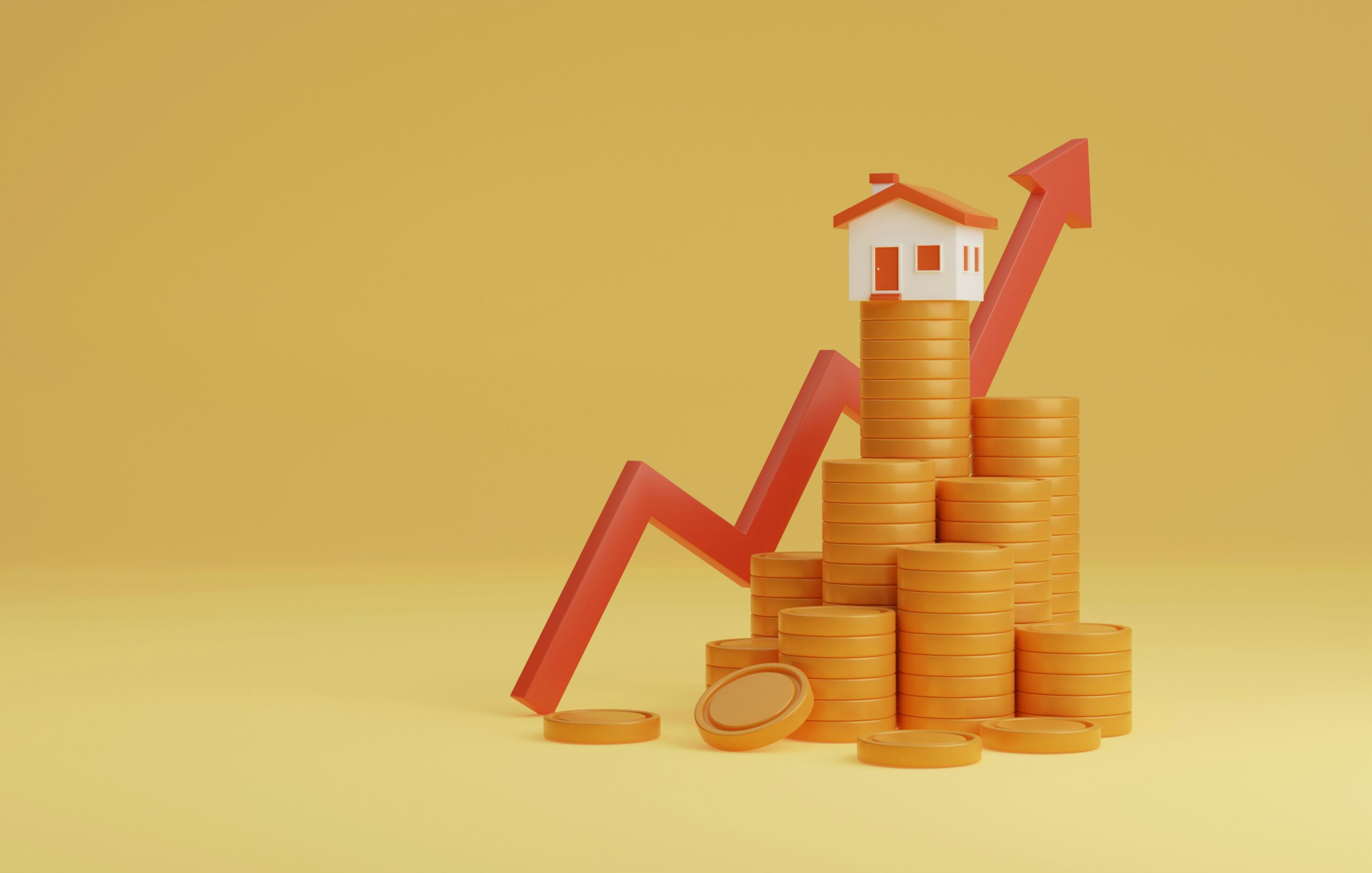
Real estate has long been regarded as one of the most reliable investment vehicles, but its performance is intrinsically linked to the ebbs and flows of economic cycles. Understanding how economic expansions and contractions affect the real estate market is essential for investors aiming to maximize returns and mitigate risks. This article explores the complex relationship between economic cycles and real estate investments, offering insights into how investors can navigate varying economic conditions to build resilient portfolios.
Understanding Economic Cycles
Economic cycles, often characterized by periods of growth (expansion) and contraction (recession), play a pivotal role in shaping the real estate landscape. During expansions, increased consumer confidence, higher employment rates, and rising incomes typically lead to greater demand for residential and commercial properties. Conversely, recessions often bring reduced consumer spending, job losses, and tightened credit conditions, which can suppress real estate activity. These cycles, influenced by factors like monetary policy, global trade, and technological innovation, create a dynamic environment where property values, rental yields, and market liquidity fluctuate significantly. Understanding these patterns enables investors to time their investments strategically and make informed decisions.
Real Estate Performance During Economic Expansions
Economic expansions are generally favorable for real estate investments. As businesses grow and hire more employees, the demand for office spaces and commercial properties surges. Similarly, increased consumer spending drives retail property performance, while rising incomes enable more individuals to purchase homes or rent premium apartments. Property values tend to appreciate during these periods due to heightened demand, providing capital gains for investors. Additionally, low unemployment rates and stable economic conditions make financing more accessible, encouraging real estate development projects. However, rapid market growth can also lead to overvaluation in some areas, necessitating caution to avoid speculative bubbles.
The Impact of Recessions on Real Estate Investments
Recessions present significant challenges for real estate investors. During economic downturns, declining business revenues often result in reduced demand for office spaces and retail properties, leading to higher vacancy rates and falling rents. Residential real estate may also experience slower sales and declining property values as potential buyers struggle with job losses and tighter credit. Distressed properties and foreclosures become more common, creating opportunities for investors seeking undervalued assets. However, navigating a recession requires careful analysis to differentiate between short-term disruptions and properties with long-term growth potential. Investors must also be prepared for liquidity constraints and fluctuating financing costs during these periods.
The Role of Interest Rates in Economic Cycles
Interest rates, often adjusted by central banks in response to economic conditions, are a critical factor influencing real estate investments. During expansions, rising interest rates can increase borrowing costs, potentially cooling the real estate market. Conversely, lower interest rates during recessions make financing more affordable, encouraging investments in income-producing properties. For example, a decrease in mortgage rates can spur demand for residential real estate, providing stability to an otherwise sluggish market. Investors should closely monitor interest rate trends, as these not only impact the cost of capital but also influence overall market sentiment and investor confidence.
Diversification Strategies to Mitigate Economic Risks
Diversification is a key strategy for managing the risks associated with economic cycles in real estate investing. By spreading investments across different property types, geographic locations, and market segments, investors can reduce their exposure to sector-specific downturns. For instance, investing in residential properties in high-demand urban areas may provide stability during a recession, while commercial properties in emerging markets could yield higher returns during an expansion. Additionally, incorporating real estate investment trusts (REITs) into a portfolio offers liquidity and access to diverse property assets without the operational complexities of direct ownership. A well-diversified portfolio ensures resilience against economic volatility.
Opportunities in Economic Downturns
Economic downturns, while challenging, often present unique opportunities for savvy real estate investors. Distressed properties, including foreclosures and short sales, can be acquired at significant discounts, offering the potential for substantial capital appreciation once the market recovers. Additionally, recessions create opportunities for investors to negotiate better terms on leases, acquisitions, and financing. Real estate markets often exhibit regional variations, allowing investors to identify areas less affected by economic downturns. Investors with a long-term perspective and access to capital can capitalize on these opportunities to strengthen their portfolios and position themselves for future growth.
The Long-Term Perspective in Real Estate Investing
While economic cycles influence short-term real estate performance, adopting a long-term perspective is crucial for sustained success. Real estate, by nature, is a long-term asset class that benefits from population growth, urbanization, and technological advancements. Investors who focus on fundamental factors such as location, property quality, and market trends are better equipped to weather economic fluctuations. Regular property maintenance, tenant relationship management, and proactive portfolio adjustments further enhance long-term returns. By staying informed about macroeconomic trends and maintaining a disciplined investment approach, real estate investors can achieve consistent growth over time.
The impact of economic cycles on real estate investments underscores the importance of strategic planning and adaptability. While expansions offer lucrative opportunities for growth, recessions test an investor’s ability to manage risks and seize undervalued assets. By understanding the interplay between economic cycles and real estate dynamics, investors can navigate market fluctuations effectively and build resilient portfolios. Emphasizing diversification, monitoring interest rates, and maintaining a long-term perspective are essential strategies for optimizing real estate investments across all phases of the economic cycle. With careful planning and informed decision-making, real estate remains a robust and rewarding investment avenue.